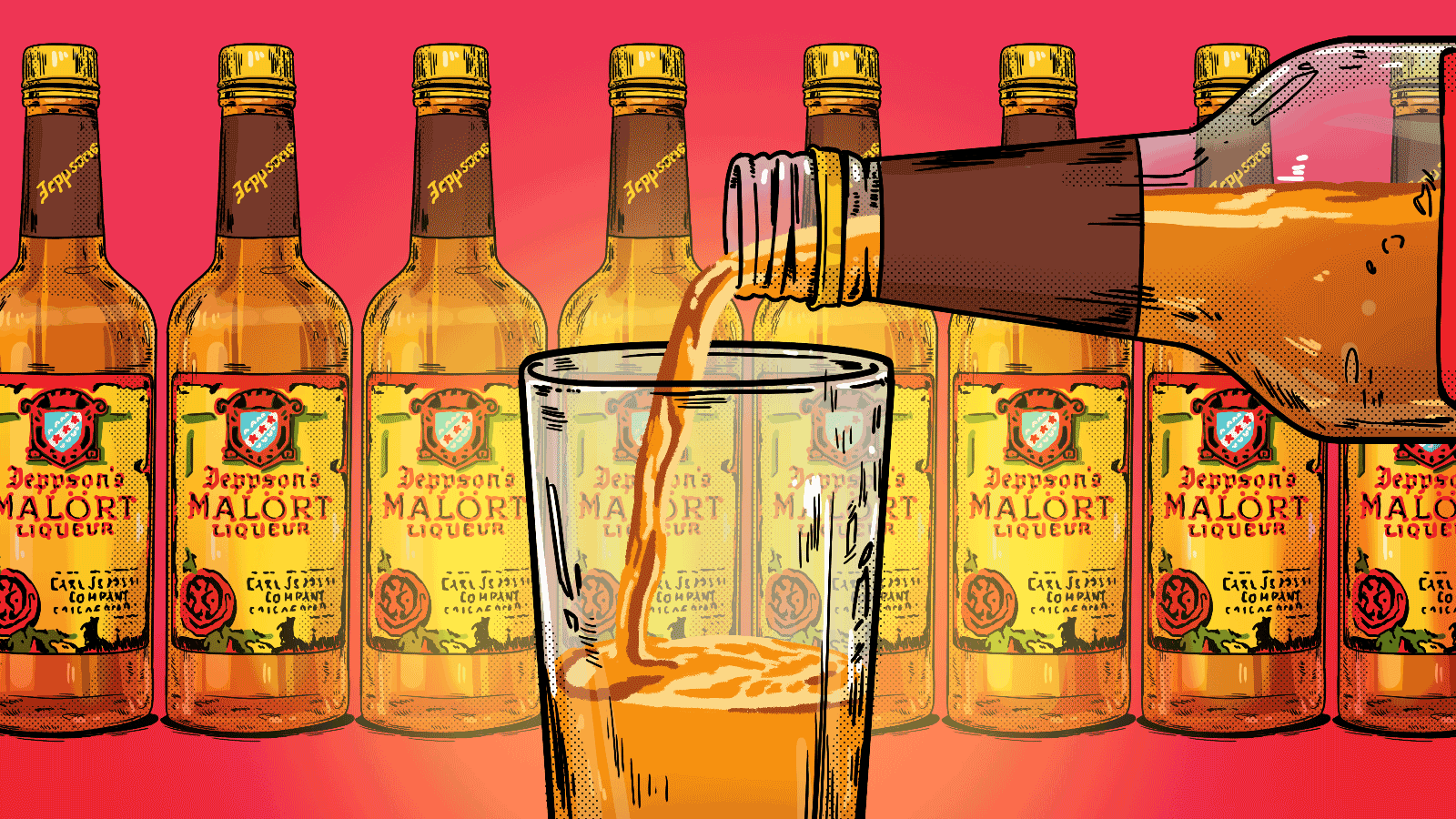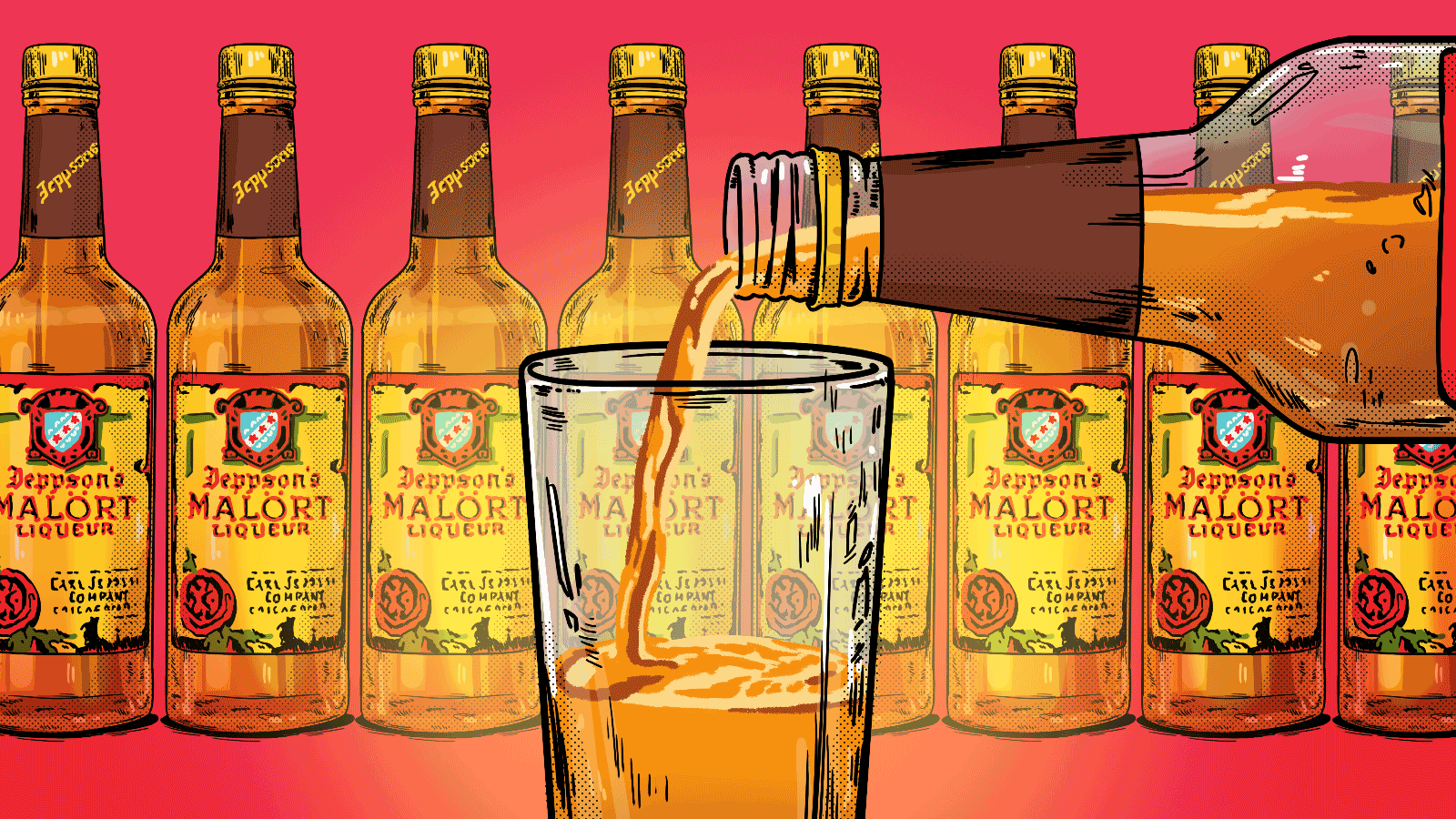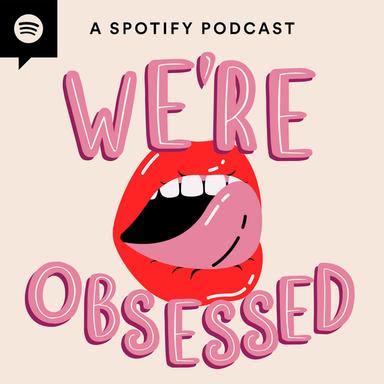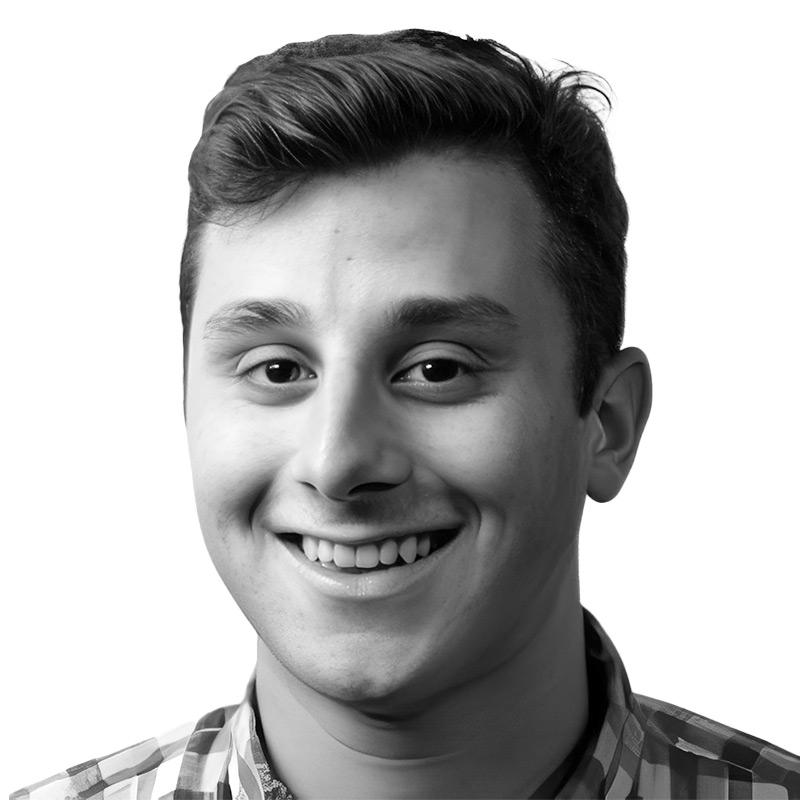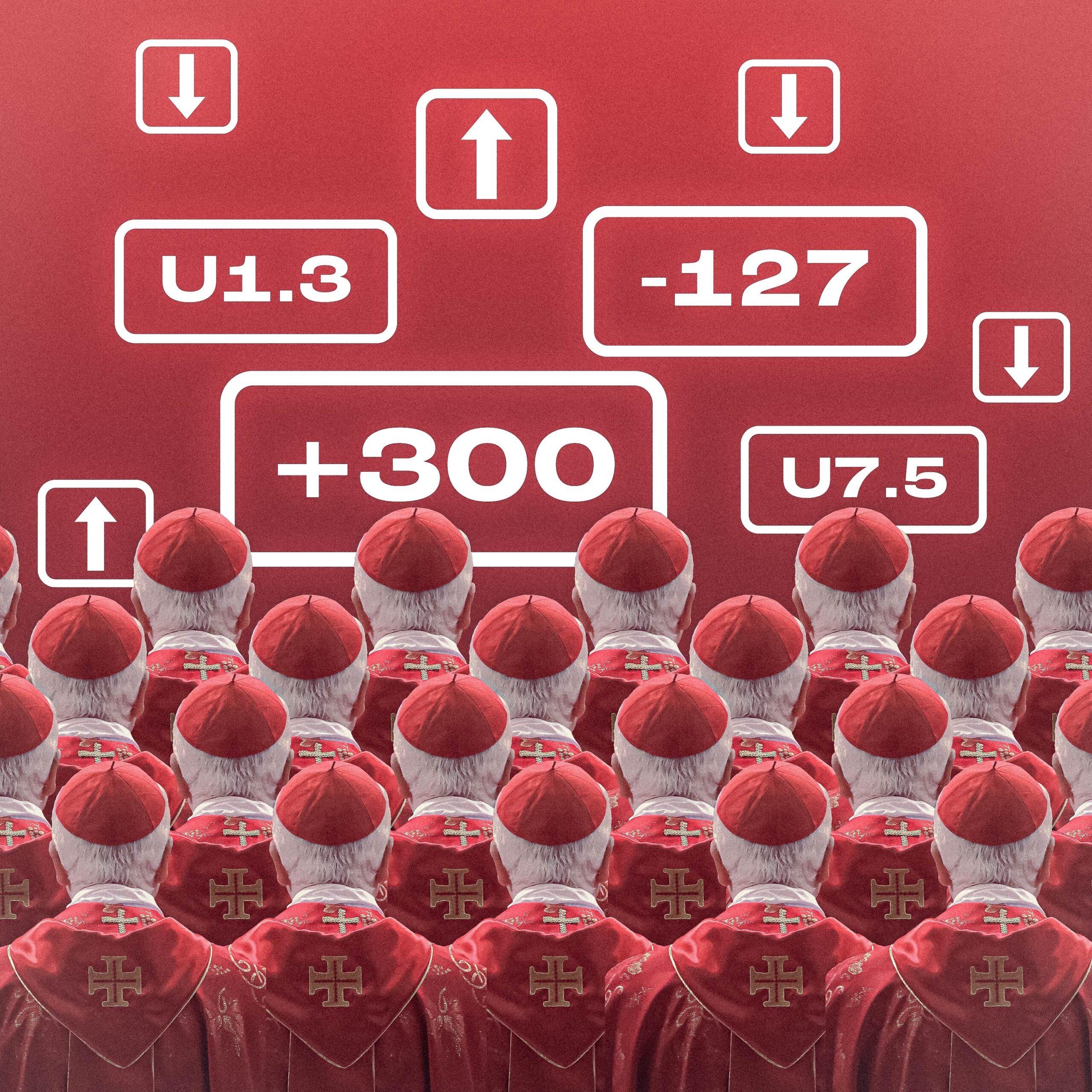
Update, May 8, 2025: This piece was published on Wednesday, a day before Robert Francis Prevost was elected as the next pope of the Catholic Church. He has chosen Leo XIV as his papal name. Prevost is the first American to be named head of the Catholic Church, a stunning choice that surprised prognosticators because he was not viewed as one of the top contenders for the papacy. (You won’t find him on the list below, because his odds hovered around 1 and 2 percent on gambling sites.) A few biographical details: He was born in Chicago and earned a degree in mathematics from Villanova University in 1977. He was ordained in 1982, conducted years of pastoral work in Peru, as well as serving as a key figure in the Vatican in Rome. He was first made a cardinal by the late Pope Francis in 2023. We don’t know who his Conclave movie comp is yet.
In the age of smartphones, social media, and the 24-hour news cycle, it’s almost impossible to keep information from the public for long. Major news events spread around the globe in minutes. The modern world is increasingly turbocharged to feed our rapid-response consumption habits. We know more about most celebrities, athletes, and world leaders now than we ever have before.
One of the major remaining exceptions to this societal trend is the papal conclave. It is one of the most secretive traditions and events in the world. There’s no outward politicking. No man puts his name forward to become a candidate publicly. We will never know how any of the voting members cast their ballots. The votes are submitted on folded pieces of paper and then burned after each round of votes is tallied. On the secrecy scale, it falls somewhere in between the Pro Football Hall of Fame selection process and the ingredients to the Colonel’s original recipe.
But the absence of information only fuels intrigue, and beginning Wednesday, the eyes of every Catholic and fan of a certain Best Picture nominee will turn toward the Vatican. One hundred and thirty-three voting-eligible cardinals (all of whom must be under 80 years old) will begin the conclave on Wednesday in the Sistine Chapel. Over the coming days—or possibly weeks or months—they’ll undertake the process of choosing the new leader of the Catholic Church. The seat of the papacy is vacant (“sede vacante” in Latin) following the death of Pope Francis on April 21.
We’ll get just one daily signal from Rome during the conclave: smoke above the Sistine Chapel. If it’s black, that means no new pope was chosen that day following the maximum four rounds of voting. Once white smoke billows across Vatican City, though, that means one candidate has received a two-thirds majority from the cardinals. He will become one of the world’s most important leaders, chosen as supreme pontiff of an estimated 1.4 billion Catholics worldwide.
No one really knows how the game is played inside those locked doors, but we do know that choosing a new pope is one of the world’s oldest political events. So it doesn’t surprise me—as the holy trinity of Italian American, Catholic, and gambler—that the papal conclave is also one of the world’s oldest gambling events. I can’t think of a more convoluted and interesting thing to wager on than who the next pope will be. Playing the lottery might involve more skill than trying to predict this. And yet, betting on this sacred event dates back to at least the 1503 conclave. If I were alive in 1503, I’d have undoubtedly placed bets on the next pope at a Roman banking house, and I’m pretty certain I would’ve made a few aurei picking Pius III (he had the narrative and the intangibles).
You can try to guess the fault lines along which the cardinal coalitions could form, but there’s also a lack of information before the conclave begins. It’s not like a presidential election, where we have polling data and economic indicators. And many of the cardinals convening in Rome have never met each other. These factors can lead to some surprising results. So often, the next pope is a relative unknown or an unexpected winner. Pope Francis was not even near the top of the oddsmakers’ lists in 2013. He was as high as 33-1 to be elected at one book in Ireland, behind as many as 15 other candidates. Pope John Paul II was not considered one of the top two candidates for the papacy in October 1978. Even Cardinal Benitez from Conclave—the movie and book—was a classic underdog story, albeit a quickly predictable one. He wouldn’t have even been on the odds board prior to that fictional conclave. (Though I’ve watched enough TV and film in my 26 years of living to know that Benitez was telegraphed as the obvious winner before the first round of voting even finished. Pretty sure I would’ve cleaned up there too.)
For those worried about their mortal souls, be warned: While the Bible doesn’t reference gambling explicitly, it does list the love of money as the “root of all evil.” The church took those words to heart when it came to papal gambling—for a while at least. In 1591, a penalty of excommunication was instituted for anyone who wagered on the outcomes of the election. It deterred betting on the conclave about as much as prohibition prevented drinking at Jay Gatsby’s house in the 1920s. The Italian government didn’t care much for what the church said either—they offered odds on when ailing Pope Leo XIII would die in 1903.
But fear not, fellow Catholics. The excommunication penalty was lifted in 1918. Betting on the papal conclave is technically illegal in the United States, but prediction sites like Polymarket have taken more than $20.2 million in volume. Offshore sites like BetOnline also have odds up. In Italy, people are even making fantasy football–style rosters with friends and drafting their top cardinal choices.
Now that we’ve established that we’re (presumably) not all going to hell for this, who will be voted the Most Valuable Prayer at the conclave?
The short answer is that I have nothing better than an educated guess, and randomly picking “the Italian guy with pizza in his name” could prove to be as insightful as this entire column. The longer and more important answer is that Francis changed the composition of the voting cardinals to help position the church for more long-term expansion into Asia, Africa, and South America throughout his papacy. This helped create a voting body more reflective of the modern church, but it also makes for a difficult-to-predict conclave. (Naturally, Steve Kornacki broke it down better than I ever could.)
Will the more diverse global representation look away from Europe, like they did in 2013 in choosing the Argentinian Francis? It’s difficult to say—Europe lost its cardinal majority, though it still has the plurality. It’s perhaps also worth noting that while Africa and South America saw slight upticks in representation since Francis’s conclave, Asia saw its numbers nearly double from 12 years ago, placing its ranks second behind Europe’s this time around.
Percentage of Voting Cardinals by Continent
There’s also a matter of what ideology the cardinals will look for in the next pope. It’s a Francis-friendly group of cardinals. That means there’s a reasonable chance they’ll form a moderate or liberal consensus to continue his legacy. (Francis may not have quite been the “woke pope,” but in the long history of the Catholic Church, he certainly represented progress.) It’s probably a safe bet to say any Cardinal Tedesco–esque rants (or vape pen hits) likely won’t swing the conclave toward picking a more conservative pope. After all, that didn’t even work in the movie.
There are seven candidates with at least 5 percent odds of becoming the next pope, according to Polymarket. Let’s break down the case—and Conclave comp—for each.
The Most Valuable Prayer Nominees
Pietro Parolin
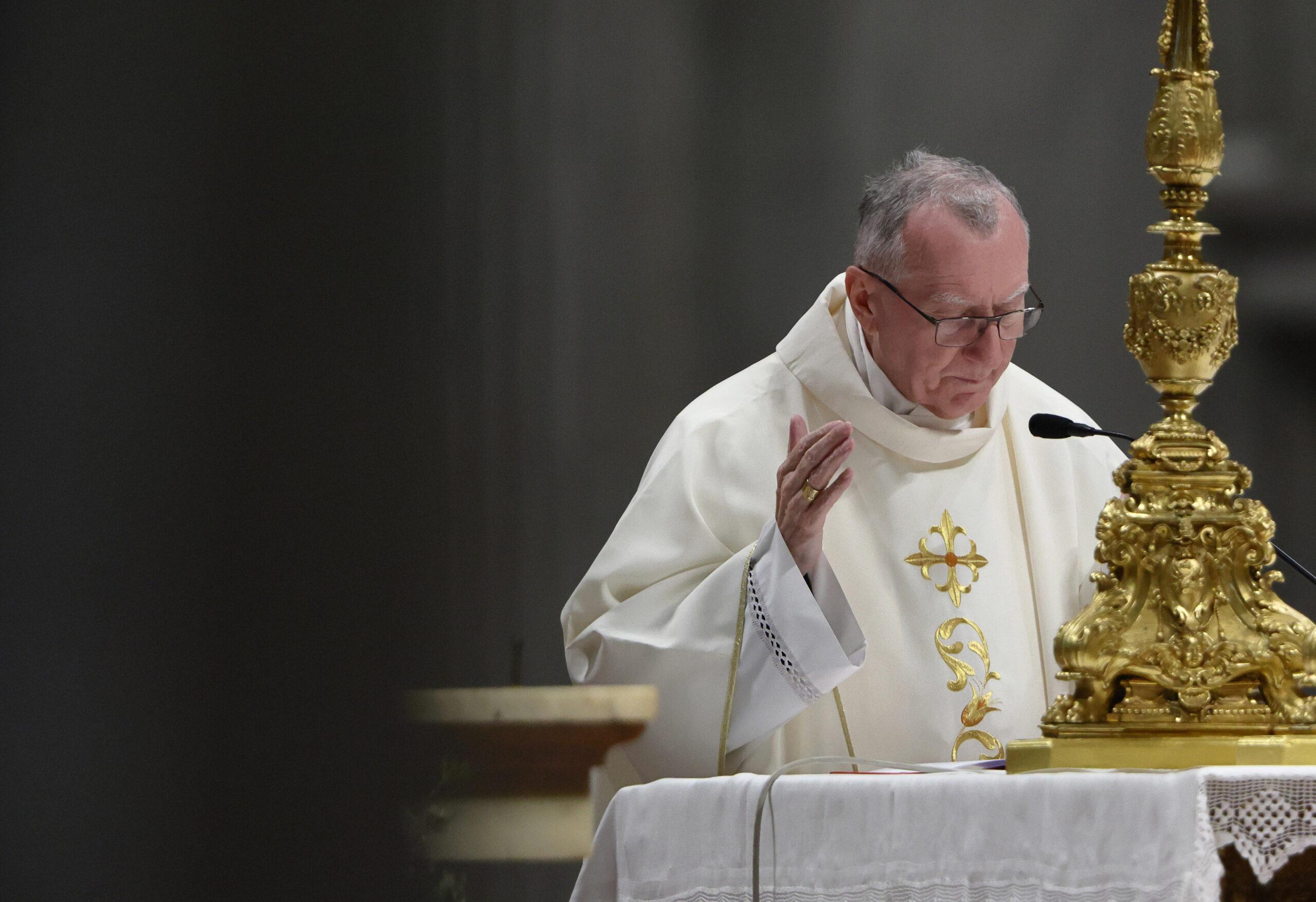
Age: 70
Current role: Pope Francis’s secretary of state
Nationality: Italian
Ideology: Moderate
Conclave movie comp: Cardinal Lawrence (the Ralph Fiennes character)
Current Polymarket Odds: 29 percent
Parolin is the current betting favorite to be named the next Pope entering the conclave. His odds on Polymarket were as high as 37 percent, and currently sit at 27 percent. He served as the secretary of state in the Vatican, a role often nicknamed the “Deputy Pope.” Parolin’s views on LGBTQ+ rights are more conservative than Francis, but his election would be generally seen as a status-quo option for the church due to his ties to the Vatican.
In the eyes of this holy handicapper, Parolin is seen as the favorite only because of his close connection to the happenings in the Vatican already. It’s the equivalent of Hillary Clinton leading the 2008 Democratic primary polls due to name recognition. It’s the most simple answer, but that doesn’t make it the right answer.
Francis had a fundamental goal to expand Catholicism around the globe by repairing its image and modernizing the faith into the exponentially changing 21st century. Parolin is the Vatican insider candidate whose closeness to the inner workings of the papacy might not actually be viewed as a plus by the cardinals coming from across the globe to partake in their first conclave.
After all, the famous saying is “he who enters the conclave as Pope leaves as a cardinal.” Cardinal Lawrence, of course, didn’t begin the conclave as the favorite in the movie, but his close connection to the proceedings didn’t seem to help his case much.
Luis Antonio Tagle
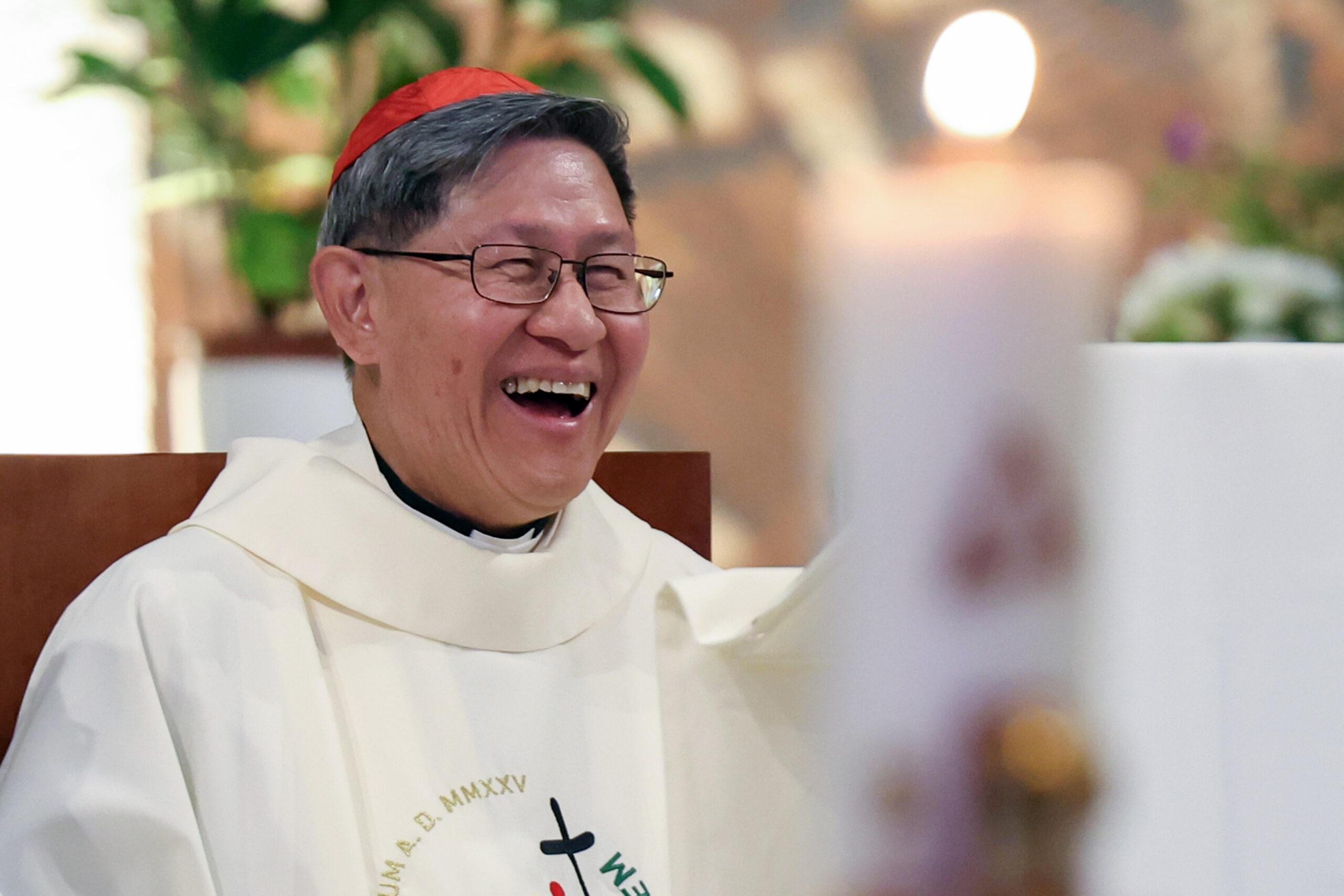
Age: 67
Current role: Pro-Prefect of the Dicastery for Evangelization
Nationality: Filipino
Ideology: Progressive
Movie comp: Cardinal Benitez
Current Polymarket odds: 19 percent
Tagle’s nickname is “Asian Francis.” He’s one of the most liberal candidates and is the second favorite behind Parolin. Tagle could become the first Pope from Asia, 12 years after Francis became the first Pope from South America. Asia is a fast-growing continent for Catholicism, plus 80 percent of the Filipino population is Catholic. His election would further continue Francis’s hope of decentralizing the church away from Europe.
Tagle is viewed as a strong friend to the LGBTQ+ community, and his work in helping poor and marginalized communities is what likened him to the previous pope. He’s also tried to expand the church’s reach to people from other demographics who want to be welcomed in—including divorcees and single mothers.
Another reason to think Tagle may be the right pick: his emphasis on the use of modern media to reach more people. He has 643,000 followers on Facebook, where he is regularly active, and that kind of forward thinking could be seen as very important to the church. Tagle has also gained popularity among Gen Z on TikTok after a video resurfaced of him singing John Lennon’s “Imagine.”
Just because the Cardinals picked a trailblazing candidate in Francis last time, though, doesn’t mean they’ll be willing to do it again by picking Tagle. Unlike Benitez, Tagle is seen as a contender from the start. But like Benitez, he would be another example of the church branching out to previously underserved and underrepresented communities.
Matteo Zuppi
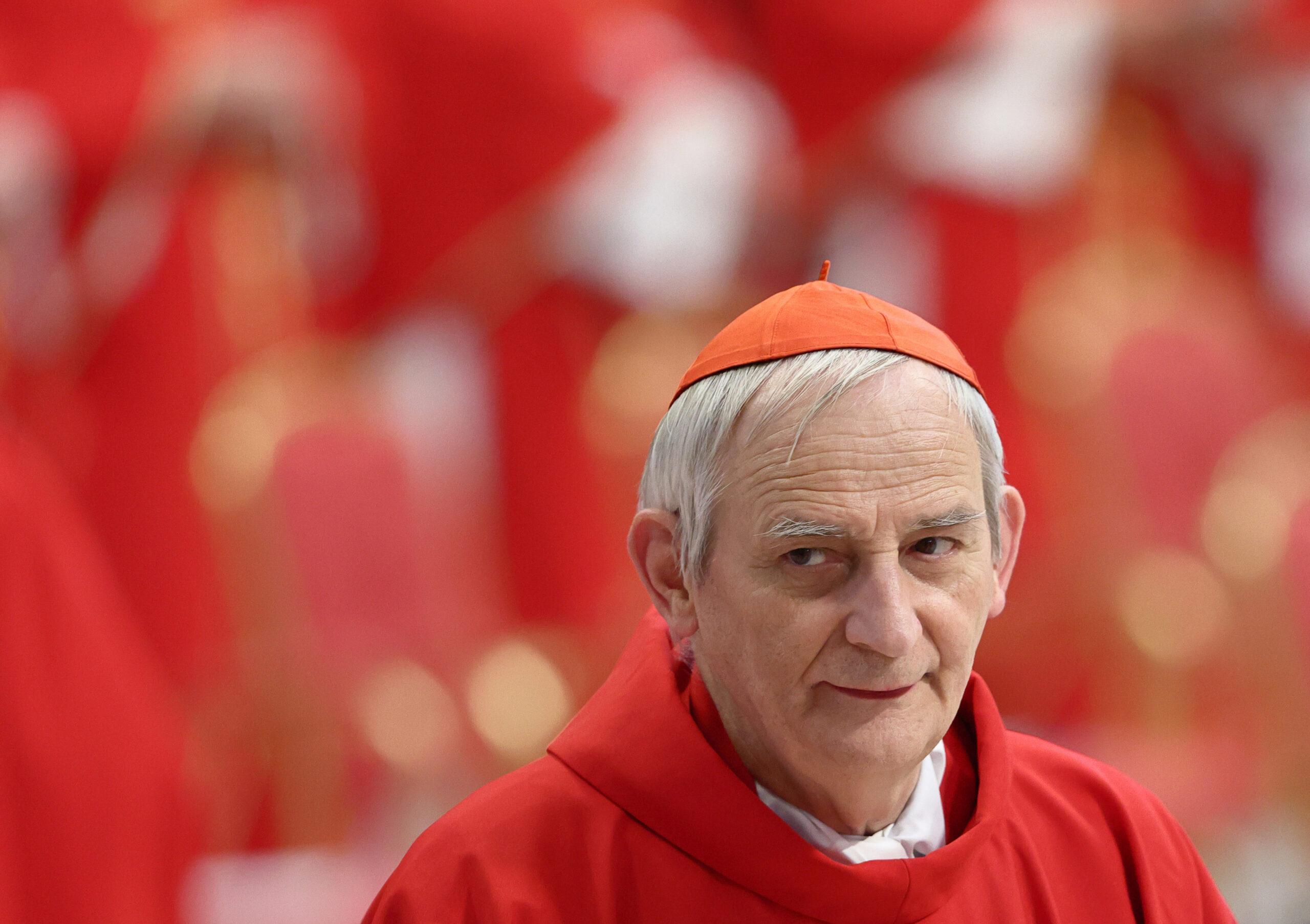
Age: 69
Current role: Archbishop of Bologna
Nationality: Italian
Ideology: Progressive
Movie comp: Cardinal Bellini (Stanley Tucci)
Current Polymarket odds: 11 percent
While Tagle is seen as a progressive outsider choice, Zuppi’s the progressive insider closest to Pope Francis’s work in the Vatican over the last decade. He represents another status-quo option and could be seen as the establishment continuation of the church’s progressive movement. Think of Bernie Sanders passing the torch to Alexandria Ocasio-Cortez in the American progressive movement, only in this case AOC is an Italian white male in his late 60s who frequently rides a bicycle throughout Bologna. (A similar everyman photo of Francis riding the subway in Argentina in 2008 helped burnish his image as a Pope of the People.)
Zuppi has earned the nickname “Don Matteo” for the respect he’s earned within the Catholic community. He’s been on a peace mission since 2023, making multiple trips to Ukraine and Russia to try to end the ongoing war. He met with Ukrainian president Volodymyr Zelensky following Pope Francis’s funeral. But however strong the optics may be, Zuppi’s candidacy faces a few challenges: First off, he’s seen as more liberal than Parolin, and the church is quite divided on its future. Second, he might be too closely connected as a lifelong Italian who was born into a well-connected family as the church expands its reach further around the globe.
Pierbattista Pizzaballa
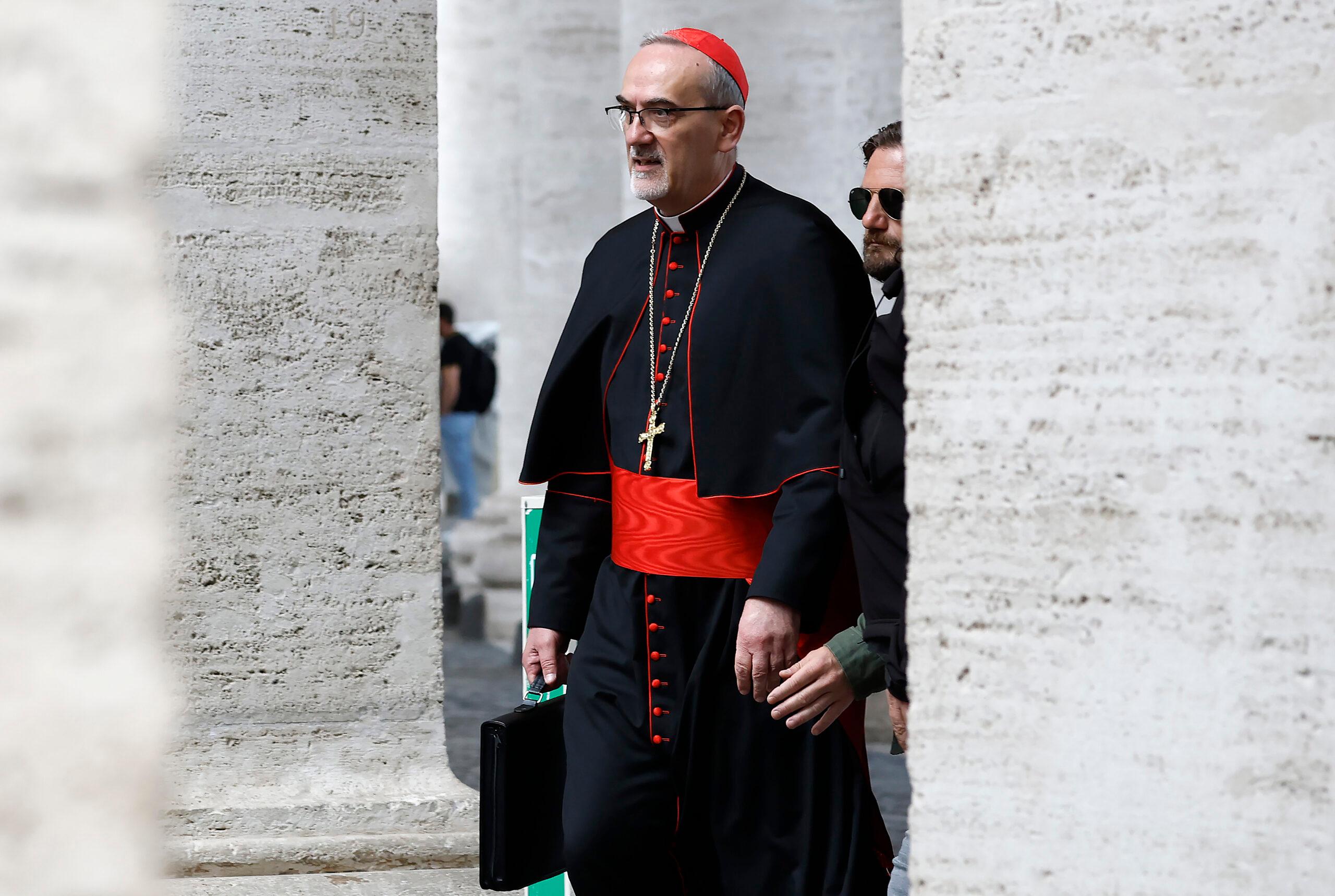
Age: 60
Current role: Latin patriarch of Jerusalem
Nationality: Italian
Ideology: Moderate
Movie comp: Cardinal Benitez (again)
Current Polymarket odds: 9 percent
I know that I already used the Cardinal Benitez comparison for Tagle. But there were only six candidates in the movie, so cut me some slack. Arguably, however, the Benitez comp is even stronger for Pizzaballa given their youth, their service in the Middle East, and the unexpected nature of their potential papacy. It’s enough to make you overlook the fact that the name Pizzaballa sounds like a word J.K. Rowling would make up to mock Italians. (Though truthfully, the name has also helped boost his stature among the Ringer staff, if not among the general public.)
Pizzaballa was born in Northern Italy but has been in Jerusalem for 35 years. As such, he represents a region of the world that has faced extreme upheaval in the wake of the October 7, 2023, Hamas-led attack on Israel. He’s the first Catholic to represent Jerusalem and even offered himself up to Hamas as part of a hostage trade for kidnapped children. He was only two weeks into his tenure as cardinal when the war started. He’s been to Gaza twice since then. He’s had to navigate a centuries-old conflict that has escalated over the past two years, and he’s handled that with inspiring grace and humility.
The problem for Pizzaballa will undeniably be his age. He’s only 60, and despite whatever HBO execs will tell you, there is usually a bias in the conclave to pick older candidates to prevent a lengthy reign that could shift the church too far. This makes Pizzaballa a bit of a wild-card choice. Sometimes, though, the man meets the moment just when the moment meets the man. And that could push him to the top of a crowded field. Well, that and the name.
Péter Erdö
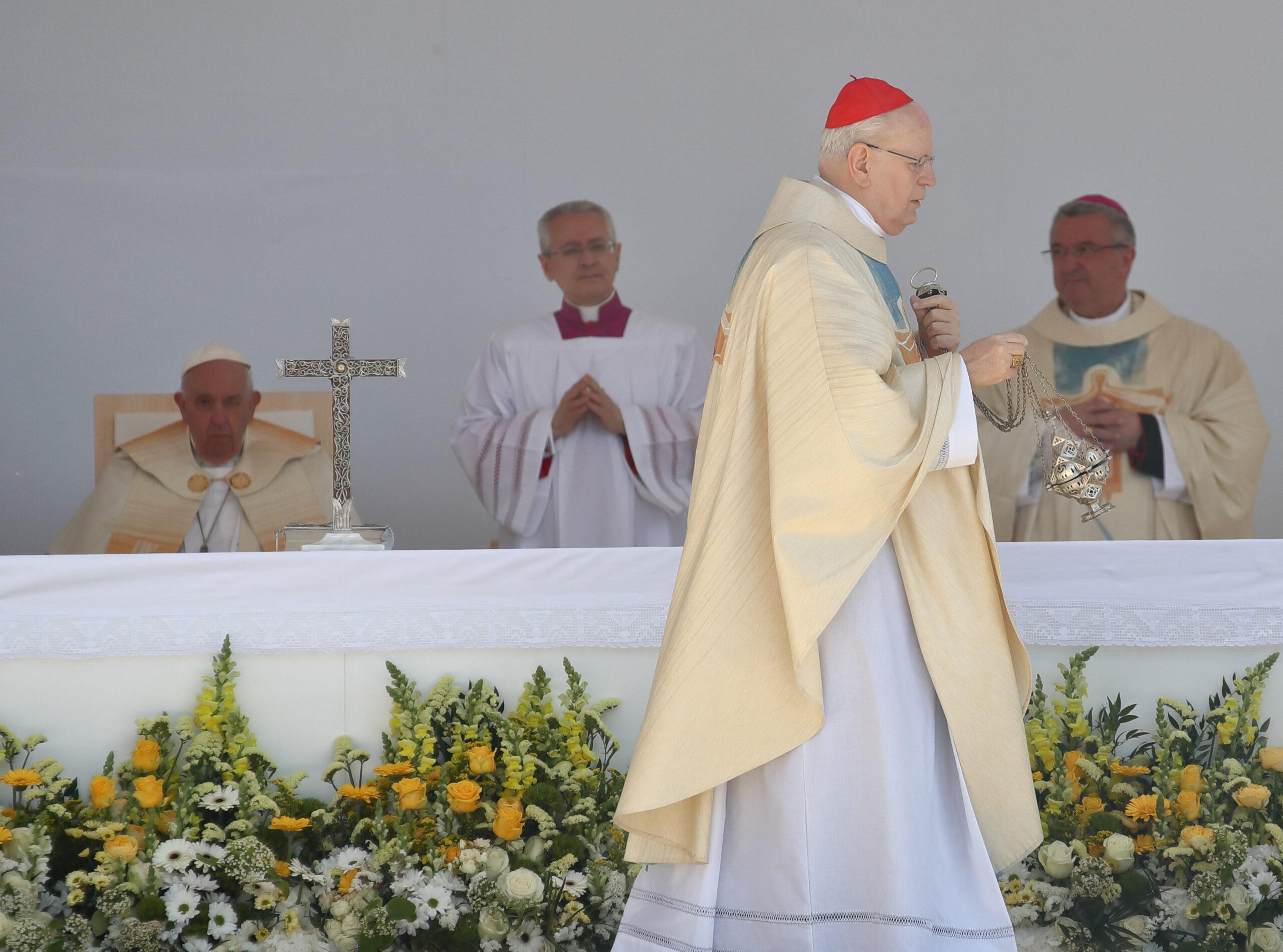
Age: 72
Current role: Archbishop of Esztergom-Budapest
Nationality: Hungarian
Ideology: Conservative
Movie comp: Cardinal Tedesco (the vape-hitting one)
Current Polymarket odds: 6 percent
Erdö isn’t nearly as conservative, bombastic, or likely to hit the vape as Tedesco, but he is the favored and most popular choice of the conservative wing of the cardinals. Erdö is a consensus builder who wants to return the church to more traditional doctrines that predated the liberal turn it took under Francis’s leadership.
He served as the president of the Council of Bishops’ Conferences of Europe from 2006 to 2016, and gave an interview in 2019 in which he discussed the importance of “guarding the flame” of the traditional Christian faith. He’s spoken out against mass migration, opposes blessing gay couples, and doesn’t want to give communion to divorced Catholics. He’d be a throwback Pope, to put it mildly.
Erdö was first appointed cardinal in 2002. Given the clear rightward shift across the globe in recent elections, you would think that he is well-positioned politically to meet the global trade winds of the moment. But this isn’t an election voted on by the public. Here, it may actually be a problem: The majority of the voters were picked by Francis himself. Francis certainly packed the balloting a bit, which makes the math problem of getting to a two-thirds majority difficult for Erdö.
Peter Turkson
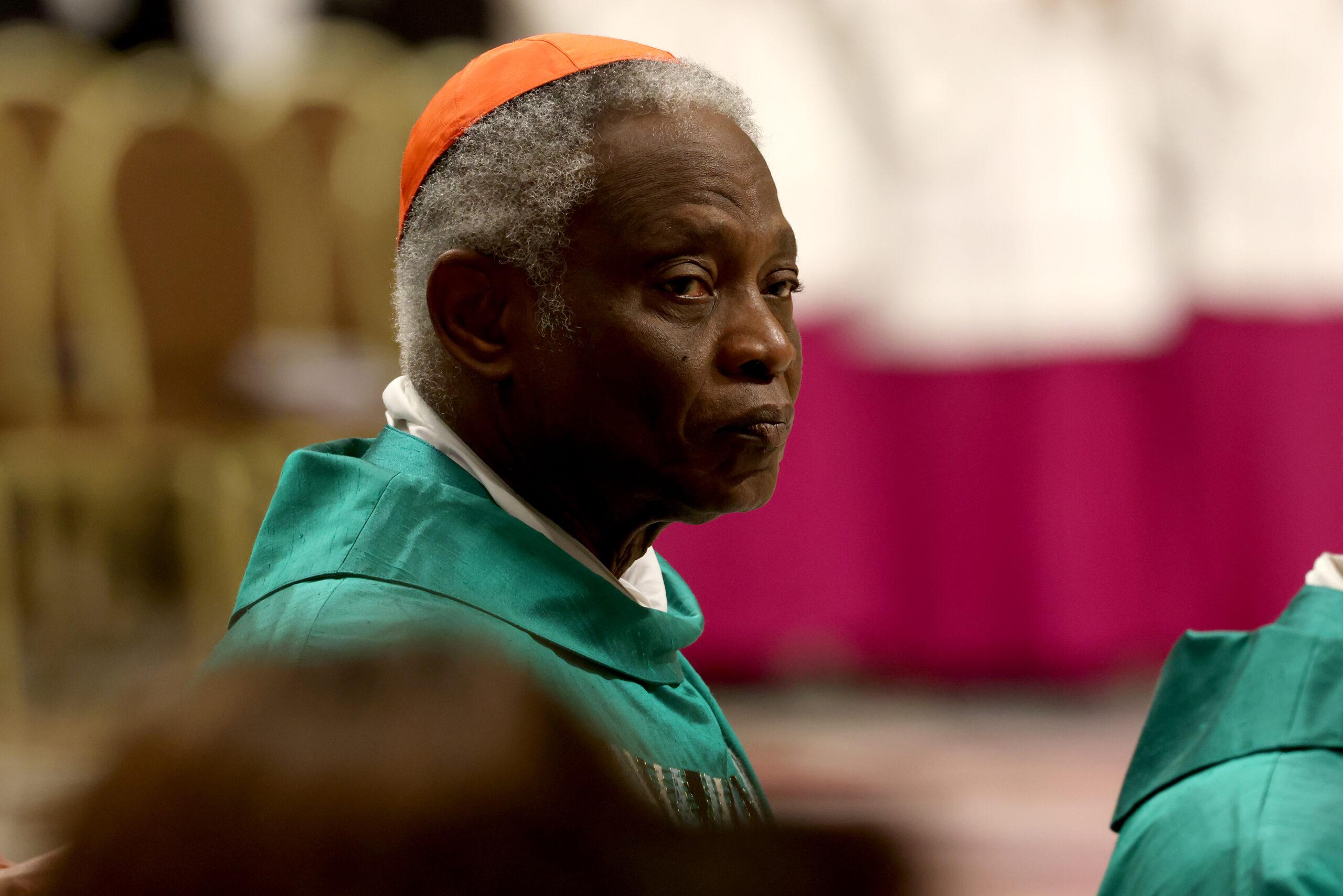
Age: 76
Current role: Chancellor of the Pontifical Academies of Sciences
Nationality: Ghanaian
Ideology: Moderate
Movie comp: Cardinal Adeyemi
Current Polymarket odds: 5 percent
Turkson has said he believes that laws in some African countries surrounding homosexuality are too harsh, despite his commitment to the traditional values of the church. Catholicism is rapidly growing in Africa, and it would send a powerful message to the world about the future of the church if the conclave picked him.
Like Tagle and Francis, Turkson is from a country that has historically been neglected by the conclave; his selection, like Francis’s, would indicate a shift in the global dynamics of the church. He’s not the only candidate from Africa in the mix. Robert Sarah, a more conservative voice from Guinea, is also a contender, although likely a second-tier one. (He’s at 2 percent, according to Polymarket.)
Turkson has progressive political views on climate and migration issues, though he maintains more traditional views on theology. He’s not as conservative as his Conclave comparison, but he’s an equally trailblazing candidate.
Jean-Marc Aveline
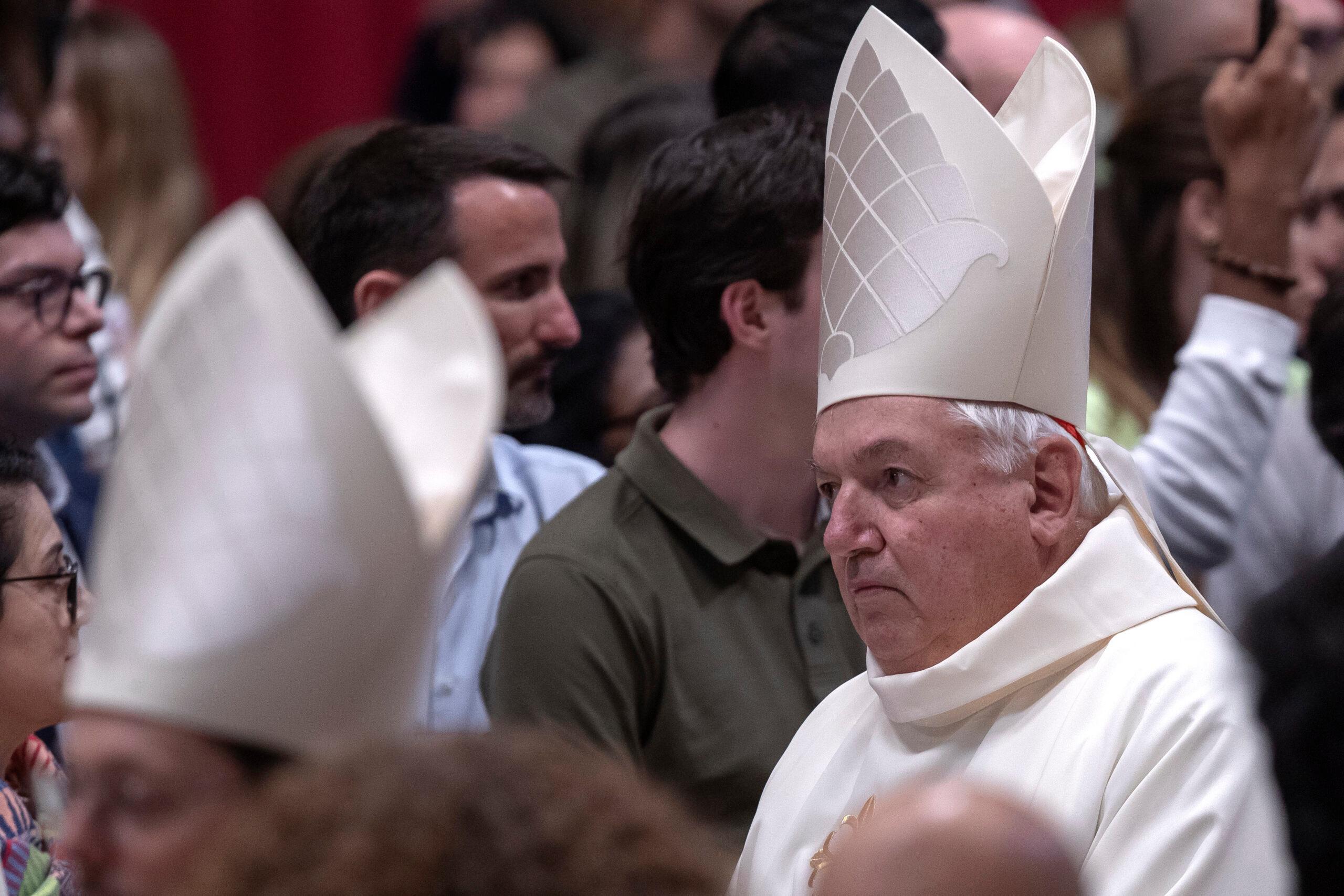
Age: 66
Current role: Archbishop of Marseille
Nationality: French
Ideology: Moderate
Movie comp: Cardinal Tremblay (John Lithgow)
Current Polymarket odds: 5 percent
As a European, Aveline is positioned at the heart of the largest voting bloc. He’s not Italian, which could be an advantage as votes could be split among Italian candidates. But it could also be a disadvantage because the French traditionally haven’t fared well in papal voting. There hasn’t been a French pope since 1378. Additionally, the pope generally speaks in Italian, and Aveline isn’t yet fully fluent.
But while his nation of origin could represent a mixed bag for the electorate, Aveline may emerge as the consensus European candidate to bridge the divide between the more progressive and conservative factions. As the archbishop of multicultural Marseille on the Mediterranean Sea, he’s been staunchly pro-migrant and has vouched for continued dialogue among different religions. Aveline was “often described as the late pontiff’s favorite bishop,” according to The Catholic Herald. Now the paper ballots will determine whether he’s the conclave’s, too.
Who Will Be the Next Pope?
Now that we’ve sifted through the seven main contenders according to oddsmakers, it’s important to reiterate what I wrote above. The favorite is not often who gets selected, and I personally think that the betting markets are overconfident in projecting the nomination odds of the main choices. They simply don't have enough information on the conclave's inner workings.
You have to consider the differences between this conclave and past ones.
The two biggest and most important changes:
- The cardinals are much more globally dispersed than they were 12 years ago.
- Many of the voters are first-time participants in the conclave.
The second point is worth examining. Are first-time voters more likely to fall in line with Vatican insiders? If so, that would certainly favor the chances of Parolin or Zuppi. If they’re more likely to push a worldwide, decentralized agenda, then Tagle should probably be the favorite.
Perolin is the most connected of all of the cardinals, as The New Pope Project determined. That could help his papal candidacy, and it could also make him the most experienced voice in a room full of unknowns.
The first-time voters are, in my opinion, more likely to think toward the future. Because of Tagle’s connections to the Vatican, plus his home in Asia, an important region for the Catholic Church, he makes the most sense as the next pope from a political perspective. Twelve years after making history by choosing Jorge Bergoglio from Argentina, the conclave could make history with the choice of Luis Antonio Tagle from the Philippines.
If you’re looking for someone to bet on, Tagle is my pick. And if this were a game of Clue, I’d take Tagle in the Sistine Chapel on the third day, with the papal name of Luis. Now if only we could get a same conclave parlay on that.
All odds current as of Wednesday, May 7, 9 a.m. ET. The author of this piece is not responsible for whatever happens to your soul (or wallet) if you choose to gamble on the super secret and holy Conclave

